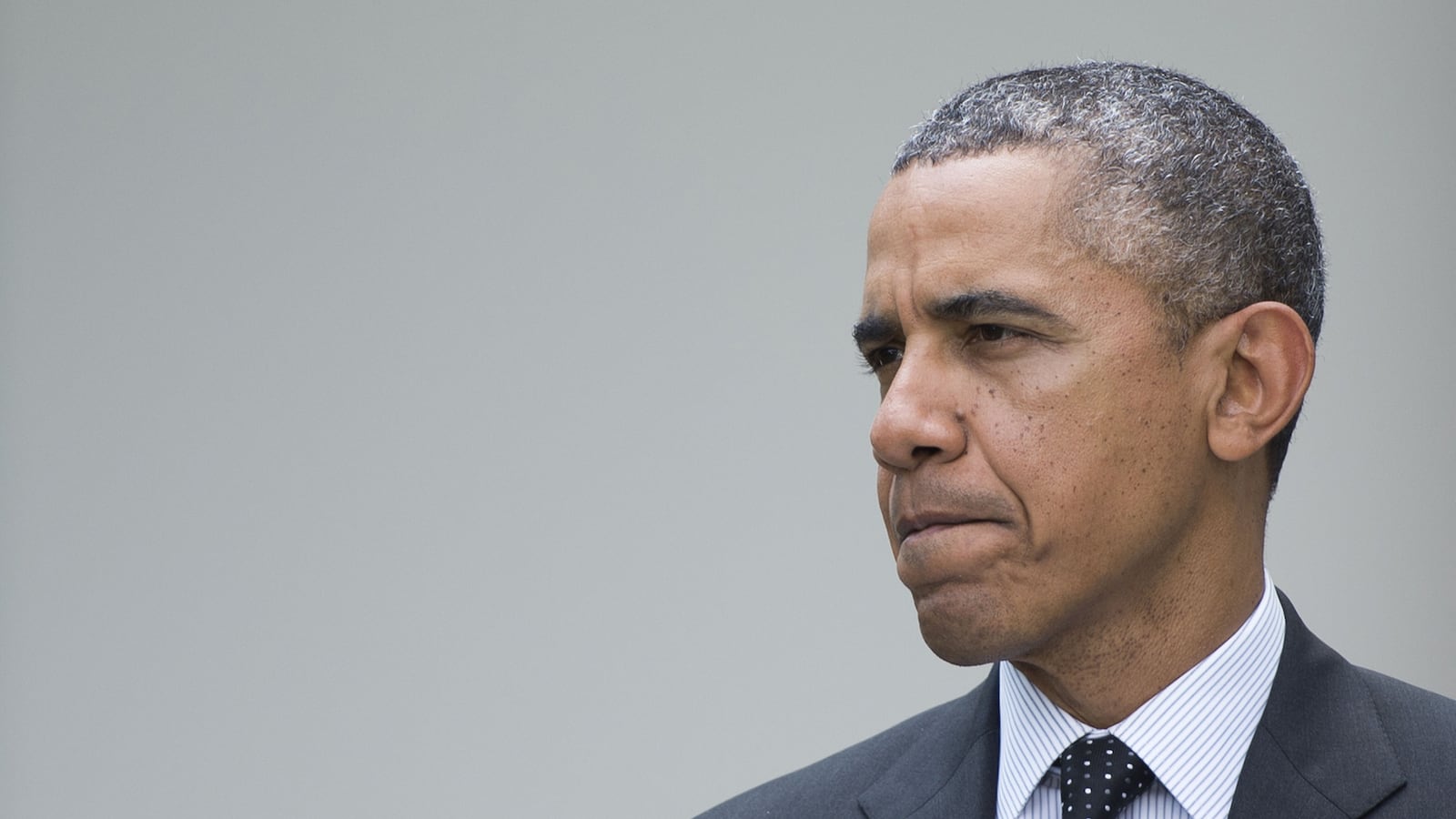The Obama administration is proposing to omit a longstanding legislative provision aimed at preventing American foreign aid being blocked or manipulated by repressive foreign leaders.
The proposed removal from the administration’s budget and appropriations request for next fiscal year of a provision instructing the Secretary of State not to seek the prior approval of host governments when funding nonprofits and civil society groups overseas is infuriating American democracy-promotion and human-rights activists, who argue the omission marks a retreat in U.S. leadership.
They warn the Obama administration is in effect signaling to repressive regimes that they can dictate where U.S. democracy-promotion and human rights money goes in their countries—a problem the provision introduced a decade ago was meant to combat.
“This is turning the clock back to when the State Department would avoid funding civil society groups blacklisted by their governments,” says Cole Bockenfeld, director of Advocacy at the Project on Middle East Democracy, a Washington D.C.-based nonprofit.
He claims the omission will feed into perceptions the Obama administration is quietly giving up on promoting democracy, especially when it comes to the Middle East.
American democracy and human-rights groups have long charged that the Obama administration has been schizophrenic in its approach to democracy advocacy and support: retreating from a “freedom agenda” and surreptitiously diminishing the Bush-era focus on democracy while at the same time talking up its commitment to democracy promotion. In a May 2011 speech, President Obama pledged to elevate the promotion of democracy and human rights to key pillars of America’s foreign policy, insisting they would not be treated as secondary interests.
Speaking in Poland last week during a European visit, President Obama once again pledged to support democracy movements around the world. In a passionate speech he promised, “Wherever people are willing to do the hard work of building democracy—from Tbilisi to Tunis, from Rangoon to Freetown—they will have a partner.”
Democracy-promotion advocates say there is an increasing disconnect between the rhetoric and practice. They acknowledge Obama has a difficult task—especially when it comes to the post-Arab Spring Middle East—in trying to balance U.S. strategic and national security interests with promotion of democracy and human rights advocacy, and that political setbacks in the region have not helped.
But American democracy campaigners say the United States has national interest stakes too in combating autocrats and that the White House is not getting the balance right between realpolitik and democracy and human-rights promotion. Overseas there has been criticism, too. At a state banquet in Warsaw to celebrate the 25th anniversary of Poland’s first partially free elections, Lech Walesa, whose Solidarity labor movement helped bring down the Iron Curtain, urged Obama to be more forward-leaning.
“I said that I wished the United States would lead,” Walesa told Polish television.
Obama aides and State Department officials dismiss the criticism—they also bristle at claims that the administration has been decreasing funding for democracy and governance promotion and support. Ben Rhodes, deputy national security adviser, claims democracy transitions in Indonesia and Tunisia as Obama successes. “We’ve made a democracy a central part of our approach in every region that we operate,” he told The Washington Post.
The dropping of the legislative provision instructing the Secretary of State not to seek prior host government approval when funding civil society groups in their countries isn’t helping the administration make its case that democracy is a fundamental aim of Obama foreign policy.
The provision the administration is proposing to remove from the foreign appropriations bill is called the “Brownback Amendment.” Named after GOP Senator Sam Brownback, now the governor of Kansas, the amendment was first passed in 2005 and was attached initially to funding for democracy and governance activities in Egypt, allowing the Bush administration to provide aid directly to civil society organizations regardless of whether the Egyptian government approved or whether the organizations were registered as NGOs.
Every year since 2009, Brownback language has been included in FY budget and appropriation requests with the provision stating that when providing “assistance for democracy, human rights, and governance activities, the organizations implementing such assistance and the specific nature of that assistance shall not be subject to the prior approval of the government of any foreign country.”
Asked why the Brownback Amendment was being omitted from the foreign appropriations request for the first time since 2009, a State Department spokesperson said: “The administration’s requests frequently recommend that Congress remove restrictions and requirements that constrain flexibility to manage foreign policy, are overly burdensome, and/or are unnecessary due to policy or procedures already in place.”
The proposed omission coincides with an increasing tendency of the State Department and USAID in their calls for aid proposals from civil society groups for applications to come only from registered U.S. or foreign nonprofit organizations. “This may not be breaking the Brownback Amendment, but it goes against its spirit,” complains Bockenfeld.
Foreign governments insist often that local recipients of U.S. aid must be legally registered but they control the registration process and frequently block from registration civil society organizations or activist groups they disapprove of. By restricting aid to only registered groups, the State Department is colluding with repressive regimes, fear democracy advocates.





